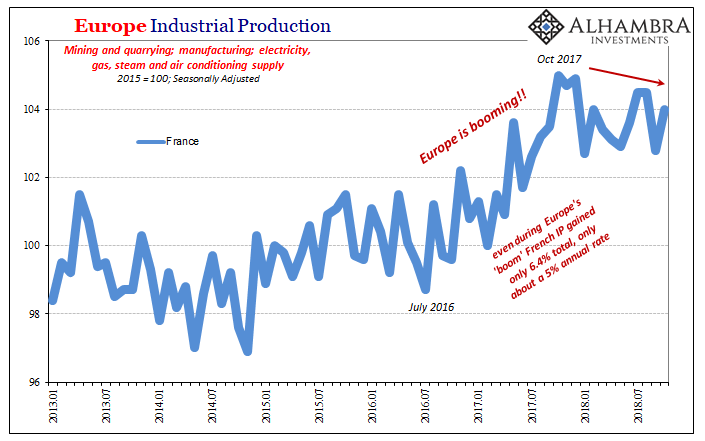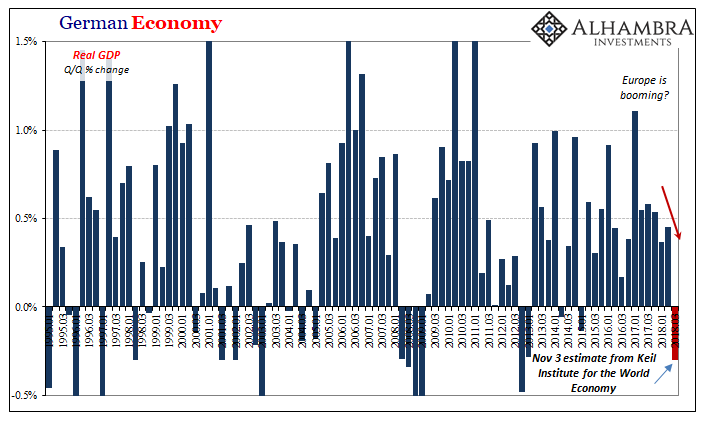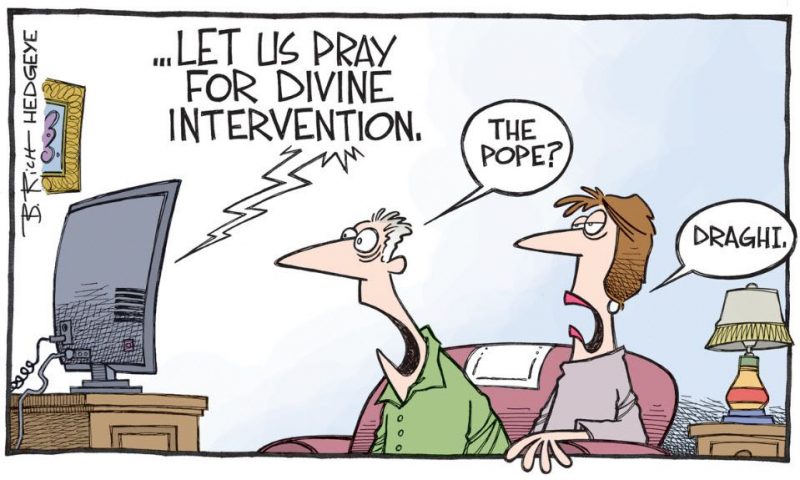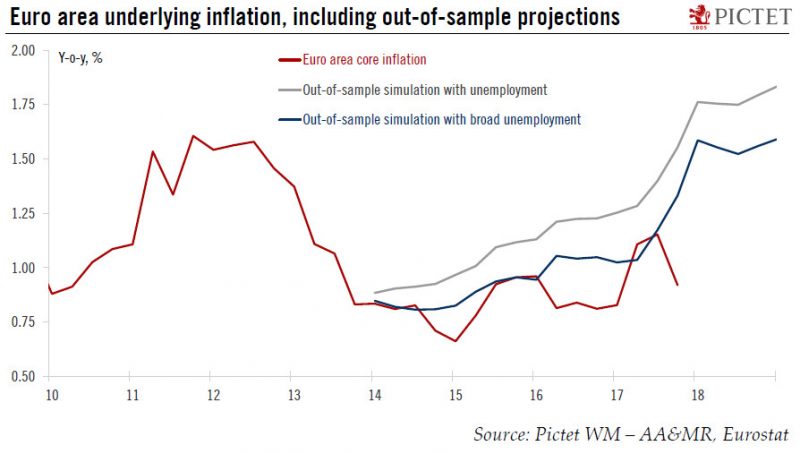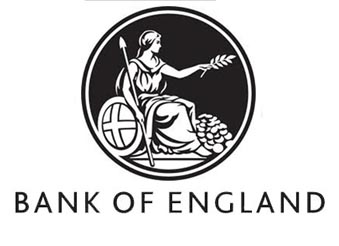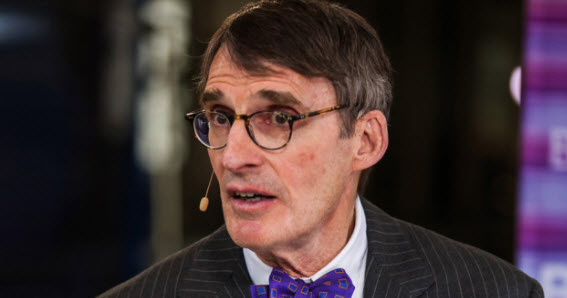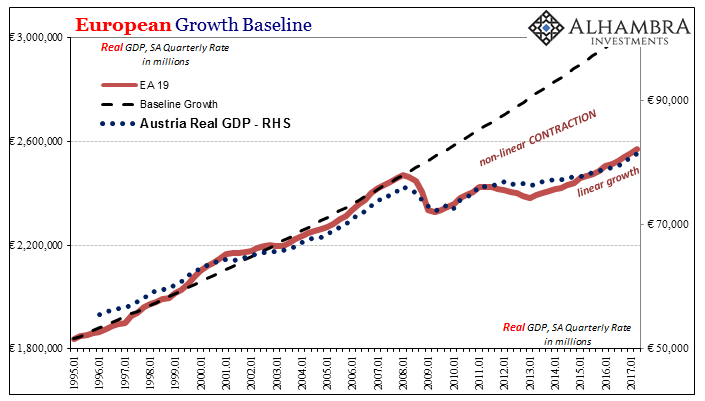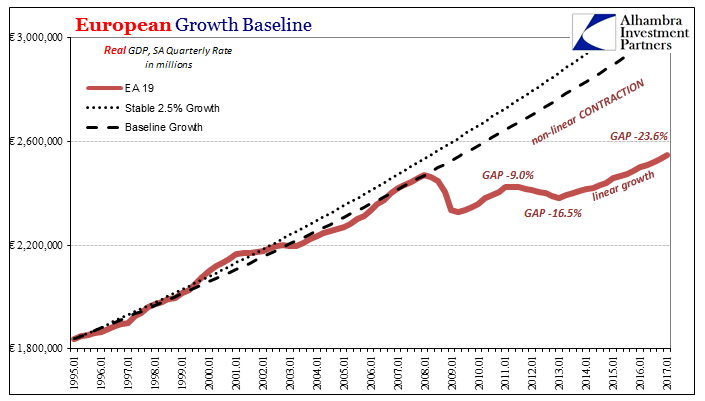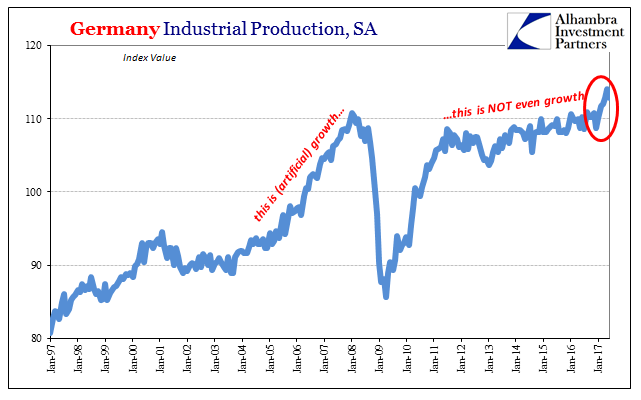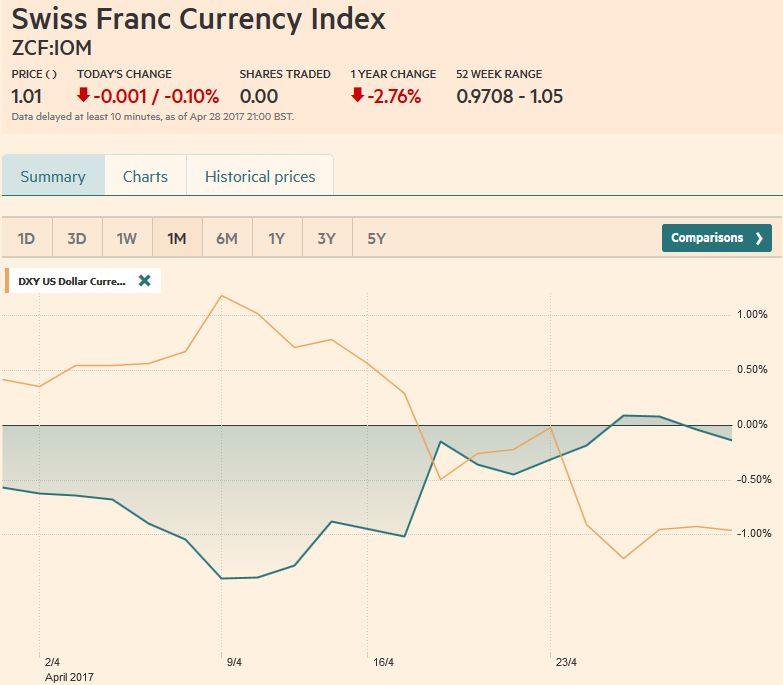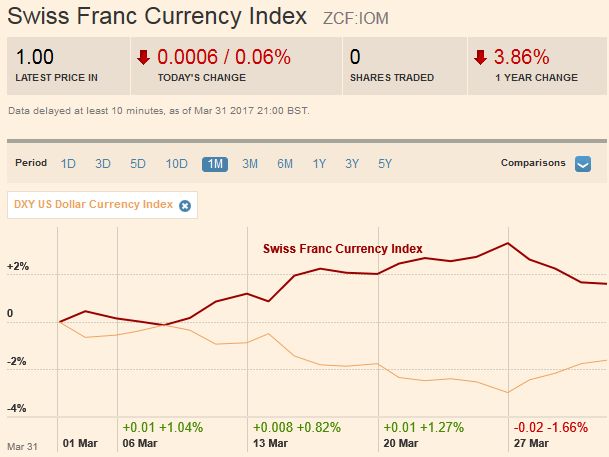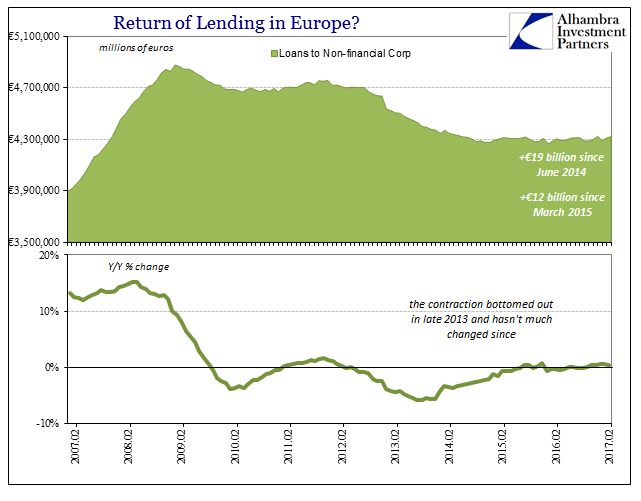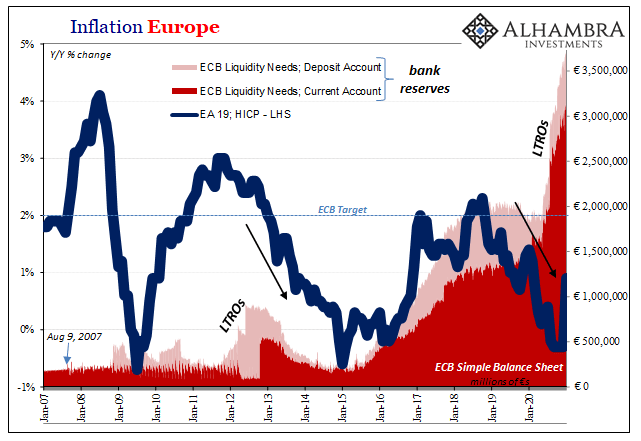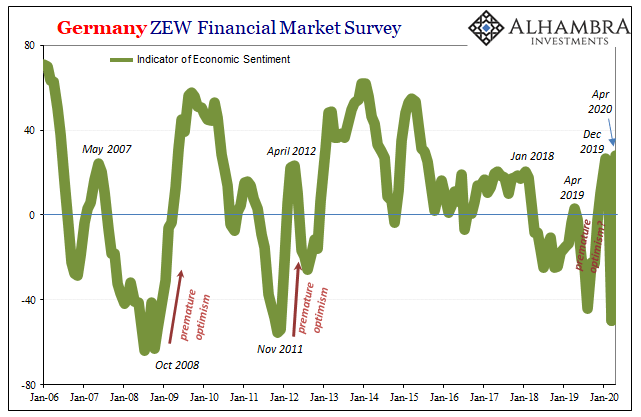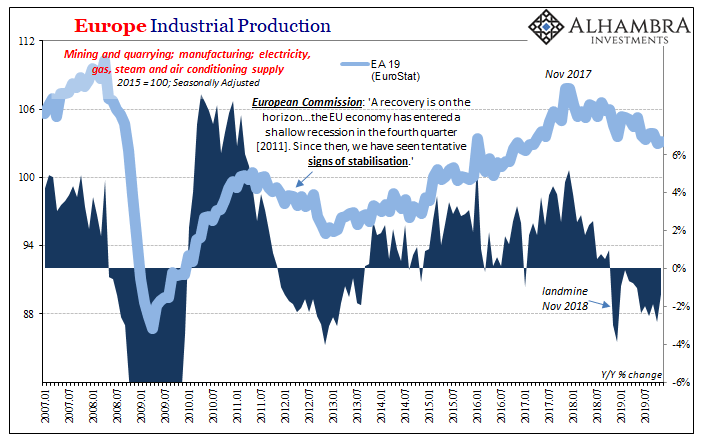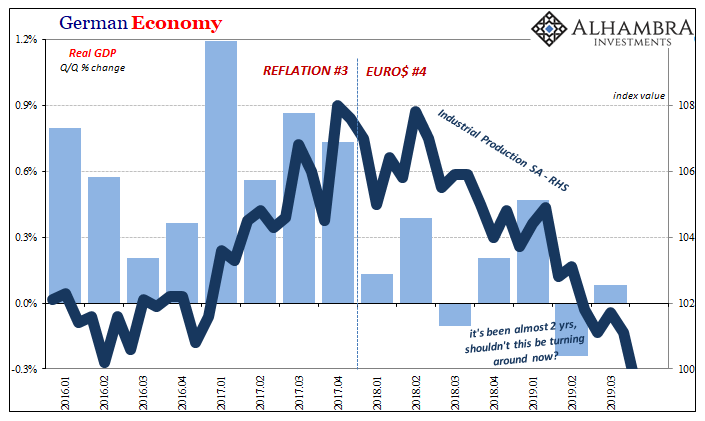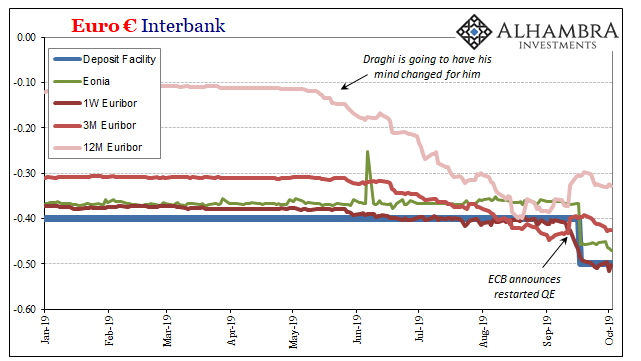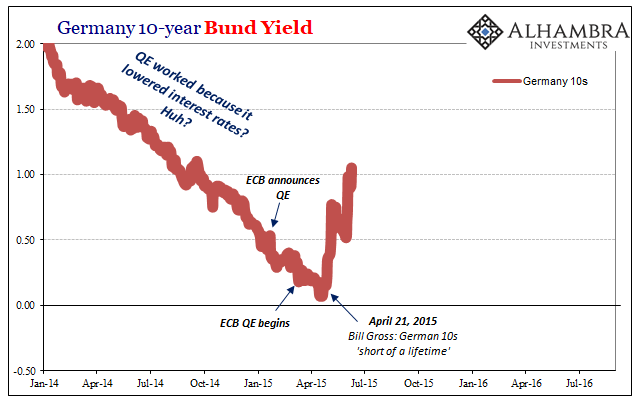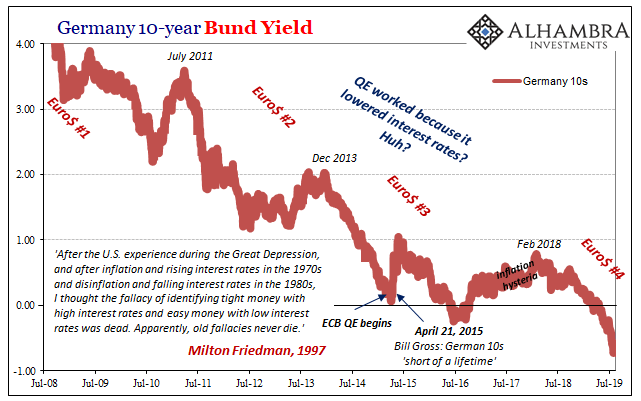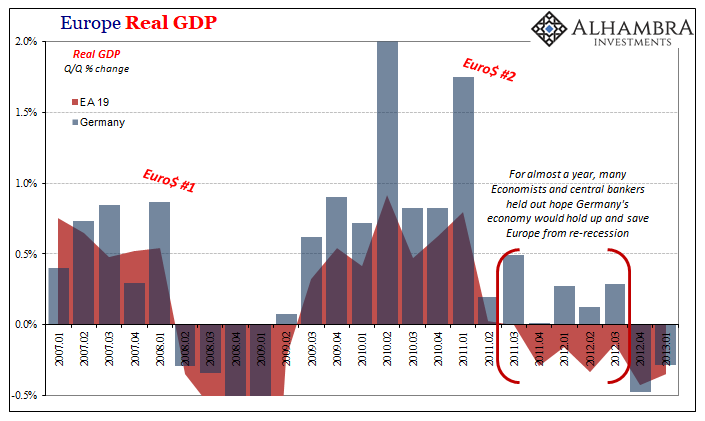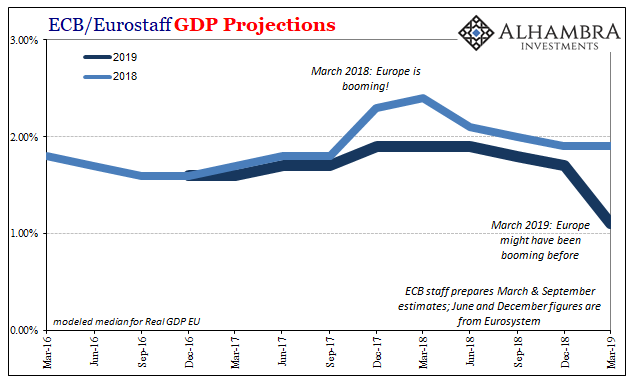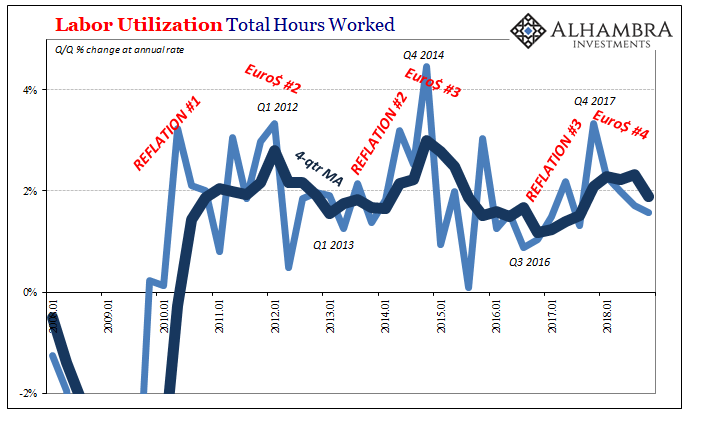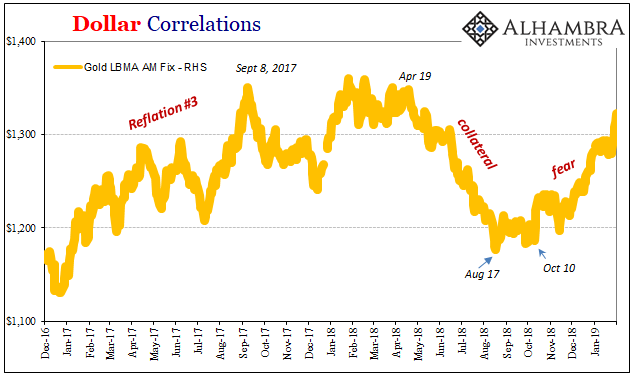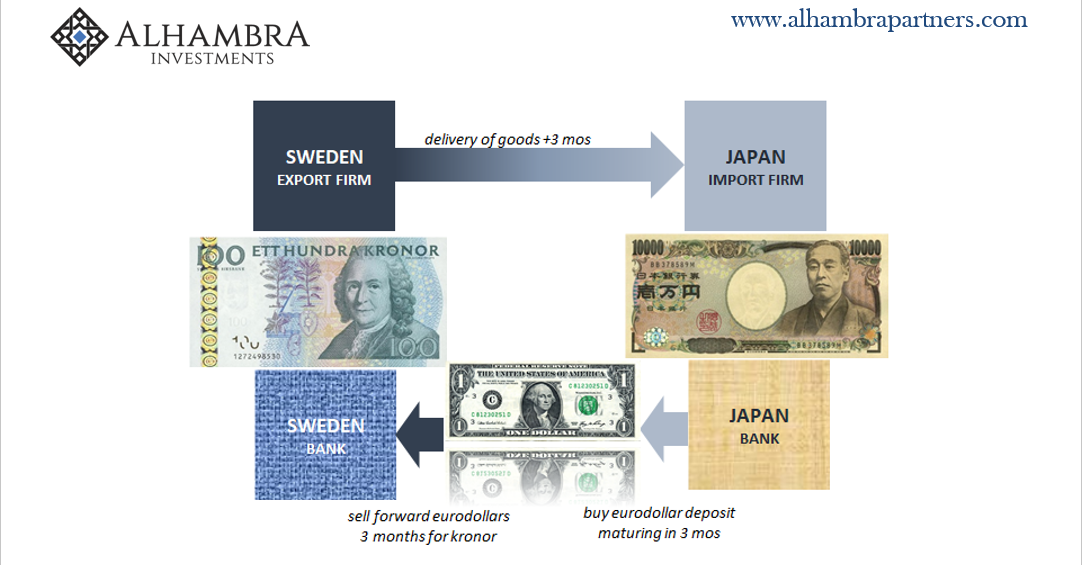Tag Archive: Mario Draghi
‘Paris’ Technocrats Face Another Drop
How quickly things change. Only a few days ago, a fuel tax in France was blamed for widespread rioting. Today, Emmanuel Macron’s government under siege threatens to break its fiscal budget. Having given up on gasoline and diesel, the French government now promises wage increases and tax cuts.
Read More »
Read More »
Harmful Modern Myths And Legends
Loreley Rock near Sankt Goarshausen sits at a narrow curve on the Rhine River in Germany. The shape of the bluff produces a faint echo in the wind, supposedly the last whispers of a beautiful maiden who threw herself from it in despair once spurned by her paramour. She was transformed into a siren, legend says, a tantalizing wail which cries out and lures fishermen and tradesmen on the great river to their death.
Read More »
Read More »
Der Nationalbank sind die Hände gebunden
EZB-Präsident Mario Draghi konstatierte letzte Woche zufrieden, dass die aktuellen Turbulenzen in einzelnen Staaten auch dort bleiben und nicht andere Länder anstecken. Seine Kollegen in der Nationalbank, die diese Woche ihren geldpolitischen Entscheid fällen, dürften das etwas anders sehen.
Read More »
Read More »
ECB (Data) Independence
Mario Draghi doesn’t have a whole lot going for him, but he is at least consistent – at times (yes, inconsistent consistency). Bloomberg helpfully reported yesterday how the ECB’s staff committee that produces the econometric projections has recommended the central bank’s Governing Council change the official outlook. Since last year, risks have been “balanced” in their collective opinion.
Read More »
Read More »
TARGET-2 Revisited
Capital Flight vs. The Effect of QE. Mish recently discussed the ever increasing imbalances of the euro zone’s TARGET-2 payment system again in response to a few articles which played down their significance. He followed this up with a nice plug for us by posting a comment we made on the subject. Here is a chart of the most recent data on TARGET-2 available from the ECB; we included the four largest balances, namely those of Germany, Italy, Spain...
Read More »
Read More »
What Really Happened In Europe
The primary example of globally synchronized growth has been Europe. Nowhere has more hope been attached to shifting fortunes. The Continent, buoyed by the persistence of central bankers like Mario Draghi, has not just accelerated it is actually booming. Or so they say.
Read More »
Read More »
Euro area inflation: the Phillips curve and the ‘broad unemployment’ hypothesis
Monetary policy in 2018 is all about the Phillips curve. The extent to which wage growth and inflation respond to falling unemployment will shape the monetary tightening cycle. If recent price action is any guide, any surprise on that front could result in market overreaction and volatility spikes. The most elegant description of the current state of research was provided by ECB Executive Board member Benoît Coeuré last year, who described the...
Read More »
Read More »
The Historical Warnings of Money
It’s interesting, to me anyway, that an image of the Roman goddess Juno remains to this day on the logo of the Bank of England. There are many stories about her role as it relates to money, but what cannot be denied is that the very word itself came to us from her temple. The Latin moneta was derived from the word monere, a verb meaning to warn. Moneta was Juno’s surname.
Read More »
Read More »
Jim Grant: “Markets Trust Too Much In The Presence Of Central Banks”
James Grant, Wall Street expert and editor of the renowned investment newsletter «Grant’s Interest Rate Observer», warns of the unseen consequences of super low interest rate and questions the extraordinary actions of the Swiss National Bank. Nearly ten years after the financial crisis, extraordinary monetary policy has become the norm.
Read More »
Read More »
Distinct Lack of Good Faith, Part ??
It was a busy weekend in retrospect, starting with Janet Yellen and other central bankers uncomfortably facing a global media that has become (for once) increasingly unconvinced. Reporters, really, don’t have much choice. The Federal Reserve Chairman might not be aware of just how much she has used the “transitory” qualifier since 2015, but others can’t be helped from noticing.
Read More »
Read More »
Eurozone: Distinct Lack of Good Faith
The erosion of social order in any historical or geographic context is gradual; until it isn’t. Germany has always followed a keen sense of this process, having experienced it to every possible extreme between the World Wars. Hyperinflationary collapse doesn’t happen overnight; it took three years for the Weimar mark to disintegrate, and then Weimar Germany. Even Nazism wasn’t all it once. What was required was continued denial especially on the...
Read More »
Read More »
Zuerst verdirbt die SNB unsere Jugend mit Irrlehren, dann lässt sie sie fallen
„Und sie dreht sich doch“ murmelte Galileo Galilei, nachdem ihn die Inquisitoren gezwungen hatten, dem kopernikanischen Weltbild abzuschwören. Dieses widerlegte die damalige heliozentrische Astronomie: Die Sonne drehe sich nicht um die Erde, sondern umgekehrt: Die Erde dreht sich um die Sonne. Eine kopernikanische Wende erleben wir zurzeit in der Geldtheorie: Die Volkswirtschaften drehen sich nicht um die Zentralbanken. Umgekehrt: Die Zentralbanken...
Read More »
Read More »
Industrial Production: Irreführende Statistiken
Germany’s Federal Statistical Office (DeStatis) reported today disappointing figures for Industrial Production. The seasonally-adjusted series fell in June 2017 month-over-month for the first time this year, last declining in December 2016. The index had been on a tear, rising nearly 5% in the first five months of this year.
Read More »
Read More »
Global Asset Allocation Update: Not Yet
There is no change to the risk budget this month. For the moderate risk investor, the allocation between risk assets and bonds is unchanged at 50/50. There are no changes to the portfolio this month. Growth and inflation expectations rose somewhat since last month’s update. The change is minor though and within the range of what we’ve seen in recent months.
Read More »
Read More »
Wie entsteht Geld? Nicht so, wie Thomas Jordan uns weismachen will
Technik und Wissenschaften haben sich rasant weiterentwickelt. Nur die Volkswirtschaftslehre ist auf ihrem spätbarocken Niveau sitzengeblieben. Die heutigen Notenbanken betreiben eine spätbarocke Geldpolitik, basierend auf Goethes Faust. Mephisto, der Teufel in Goethes Stück, lügt den König an, er könne einfach Geld drucken und einen Wert darauf schreiben: „Zu wissen sei es jedem, der’s begehrt: Der Zettel hier ist tausend Kronen wert.“ So entstehe...
Read More »
Read More »
FX Weekly Review, April 24 – 29: Dollar Remains the Fulcrum
Often the US dollar, as the numeraire, seems to be the main actor in the foreign exchange market. Other times, the dollar appears to be at the fulcrum between European currencies on one hand, and the dollar-bloc currencies on the other hand. Another way expressing this is whether there is a dollar-move underway or is it really more about the crosses.
Read More »
Read More »
FX Weekly Review, April 17 – 22: Dollar Technicals Trying to Turn, but…
While the dollar index had another bad week with a 0.75% less, the Swiss Franc currency index could accumulate the corresponding gains. Main reason is that the EUR/CHF rose over 1.07.
Read More »
Read More »
FX Weekly Review, April 10-14: Swiss Franc loses against the Yen, but wins against Dollar
Last week the Swiss Franc improved against both euro and dollar, but - compared to its safe-haven counterpart Japanese Yen - it had a bad performance. We expect strong SNB interventions.
Read More »
Read More »
FX Weekly Review, April 03-08: Dollar Recovery Can Continue, 10-year Yield Set to Rise
The US dollar appreciated against most of the major currencies last week. The Japanese yen was the chief exception. It rose about 0.5% as US yields remained heavy and equities were mostly softer. The Dollar Index did not fall in any session last week. It has had one losing session over the past nine, and that was the last day in March when the Dollar Index slipped less than 0.1%. It finished the week a bit above thee 61.8% retracement objective of...
Read More »
Read More »
Ultra-Loose Terminology, Not Policy
As world “leaders” gathered in Davos in January 2016, they did so among financial turmoil that was creating more economic havoc than at any time since the Great “Recession.” Having seen especially US QE as the equivalent of money printing, their focus was drawn elsewhere to at least attempt an explanation for the contradiction.
Read More »
Read More »









